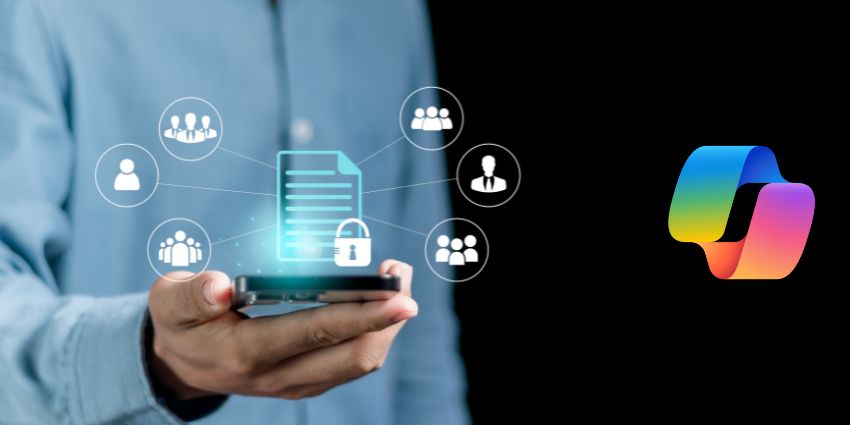Microsoft has updated Copilot to enable secure file reading, which the bot can use to create summaries, find data, or supplement with information from the internet.
While this may sound like a worrying development at first sight from a privacy perspective, users have ultimate control over which files the AI has access to.
X (formerly Twitter) user @Leopeva64 found that you have to manually add or drop files into the Copilot chat box in order for the AI to utilise the data based on your suggestions.
Microsoft has already explained what happens to your offline data when it has been uploaded to Copilot for Service in a Microsoft Learn article published in late February:
You can upload your own documents for copilot to use to generate answers with generative AI.”
“When a user asks a question, and the Copilot doesn’t have a defined topic to use, it generates the best answer from the documents you uploaded in a conversational style.
“Uploaded documents are stored securely in Dataverse. The number of documents that can be uploaded is only limited by the available file storage for your Dataverse environment.”
There are evidently applications for all these new capabilities. Summarising, locating, and adding to files has the potential to save users a lot of time.
Summarising documents is already possible with ChatGPT and Adobe Acrobat AI, so while it is not new, its utility has already been demonstrated, and it seems like a natural progression for Microsoft’s AI chatbot, Copilot.
There is one reported vulnerability, however, which is that Copilot does not yet scan the files you upload for viruses.
Although the new feature has only just begun rolling out, which the above-mentioned X user believes will be ‘gradual, ‘ it will become available to all Windows 11 users who have the necessary Copilot license.
Those using Edge will also allegedly gain this capability soon as well, with it already being available in the Canary prototype build, which can be trialled by signing up to the Edge Insider Program.
Recent Copilot Advancements
Copilot in OneDrive: Microsoft has revealed that Copilot in OneDrive will begin rolling out in late April 2024.
The new tool will allow users to quickly retrieve information from files in their OneDrive.
Available for work and school customers with a Copilot for Microsoft 365 license, Copilot in OneDrive will be able to accessible from OneDrive for web and file viewers in Microsoft Teams, SharePoint, and OneDrive.
Microsoft Launches Copilot for Finance: The new experience for Microsoft 365 users “unlocks AI-assisted competencies for financial professionals”.
Copilot for Finance brings together financial systems like Dynamics 365 and SAP and thousands of bespoke Copilot Studios to streamline auditing processes.
Microsoft Power Automate is a versatile tool that can automate repetitive tasks efficiently for Microsoft apps, third-party services, and web platforms. The plugin builds Copilot capabilities onto this automation toolkit.
New Copilot in Teams: Microsoft has updated the Copilot experience in Teams with an improved UI, more intelligent prompts and a detailed chat history.
New benefits include refined prompts tailored to user needs, including personalised details such as a user’s colleagues, scheduled meetings, and relevant files.
Other notable features include the ability for users to see their Copilot chat history and access a library of prompts through Microsoft’s Copilot Lab.







